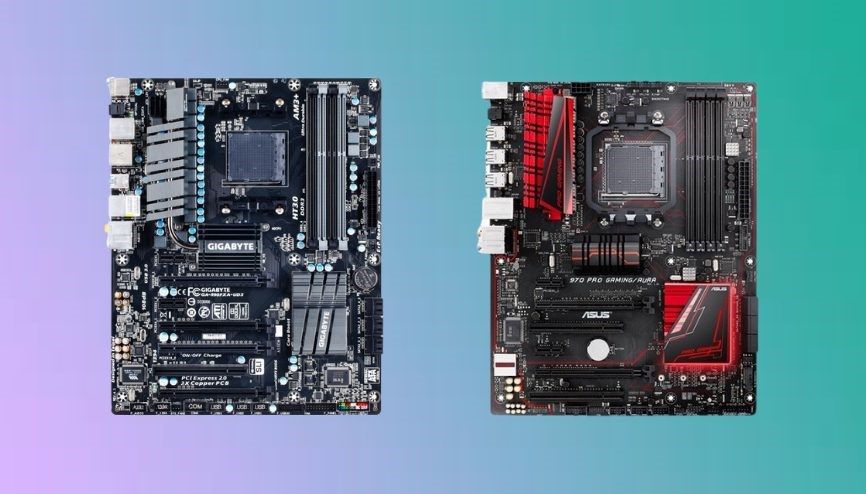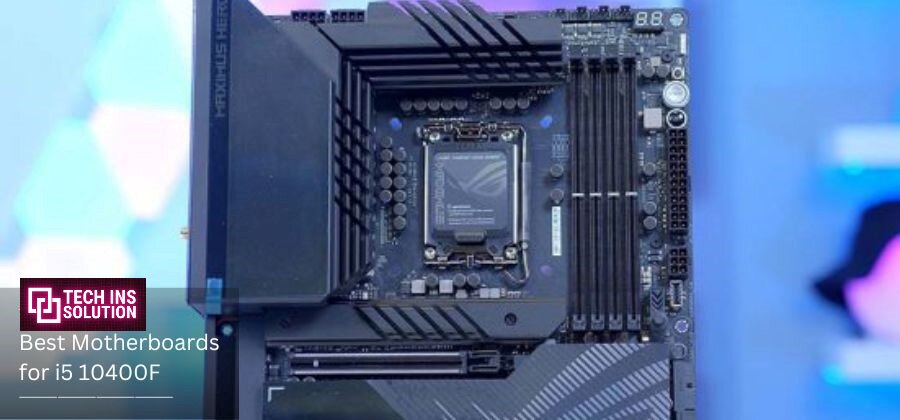Viasat is an American satellite internet provider that provides connectivity all around the world. They offer packages for both city folks and high-speed options for rural residents. But how does Viasat stack up for gaming? It can certainly work in some situations, depending on your game preferences. The bandwidth and delay are usually decent enough for tasks that don’t need lightning-quick responses. Where Viasat really shines is in single-player gaming. Since you don’t need to be constantly online while not actively playing, it’s perfect for solo adventures.
However, it’s probably not the best choice for competitive multiplayer fans. The download speeds can be sluggish, and there is noticeable latency, which means delayed reactions compared to others. It is not ideal when split-second timing is key against live opponents. I’m sure some of you techy types may be a little confused by all this. So let’s dive into the details here: Is Viasat actually good for gaming? We’ll take a closer look at how it performs and who it works best for. For solo quests, it’ll carry you through just fine. But more competitive online play might have you looking elsewhere. So in the end, the main thing that matters is what kind of gaming you’ll be doing most of the time on Viasat Internet.
Is Viasat good for gaming?
Viasat internet can actually work pretty well for gaming, depending on the types of games. Things like Angry Birds, Candy Crush, Minecraft, Roblox, and Plants vs. Zombies are perfect examples. Since they don’t demand incredibly fast reflexes, Viasat’s speeds and latency handle them just fine. Candy Crush Soda Saga is a great case study of a hugely popular mobile game that thrives on satellite internet too. As long as a mobile game doesn’t rely on split-second responses, Viasat can support it. Interestingly, this applies whether you play alone or against others for many titles. Of course, there are other factors to weigh as well before deciding if Viasat fits your needs.
The relationship between gaming, internet latency in general, and satellite latency specifically is really important to understand. How much delay a game can tolerate versus the reaction times needed to be competitive. By learning more about how Viasat performs and how latency affects different genres, you can make the best choice for your preferences. Take a look through this information; it should help give you a clearer picture of what games will and won’t mesh well. Let’s dive in!
How does gaming latency affect performance?
Latency is really key when it comes to gaming performance. It’s essentially the delay in milliseconds for data to travel from one point to another, like from your device to the game server. The lower the latency, the snappier your reactions can be in games. Anything over 100 meters can start to feel laggy. Milliseconds (ms) is how we measure that latency. Generally speaking, a lower-latency internet connection is better suited for online multiplayer. But Viasat can have some issues here.
During peak hours, their network gets very congested. This causes latency spikes, with data delays ranging from 300 to 400 ms normally. But it can jump as high as 800-900 m or more when things get backed up. Latency varying that much makes reactions really inconsistent. And anything over 500 ms is pushing it for reaction-time-based games. So while Viasat may work fine for more casual gamers, those huge lag spikes don’t make for smooth play in fast-paced, competitive games that require split-second reflexes. You really need a stable, low latency for those.
Why is satellite latency higher?
With satellite internet like Viasat, you’ve got to factor in the extra distance your data has to travel. While you’ve got fantastic coverage no matter where you are, the tradeoff is increased latency. When you use fixed wireless, cable, fiber optic, or DSL connections from providers like AT&T or Verizon, it’s a much shorter trip for your information. The lines and towers are usually closer to highways and cities. Since your data doesn’t have to make a round trip into orbit, these terrestrial options tend to have lower latency than satellites. The infrastructure is more local, so the piping bringing you online is closer by.
Shorter distances mean quicker speeds. So if reaction time is really important for your favorite games or apps, land-based internet may serve you better than satellite with its added latency from the extra mileage in your data logs. But Viasat can still work well if split-second reactions aren’t crucial.
How to reduce satellite internet latency?
While you can’t do much about the inherent latency of satellite internet, there are a few things you can try to minimize it as much as possible for gaming:
- First, ensure no large downloads are running in the background, as that’ll slow your connection down.
- Second, consider closing any streaming apps you have open, like Netflix, YouTube, etc., while gaming. Every bit helps.
- A quick reset of your router may freshen things up too. Turn it off and on again to see if that refreshes the connection.
- Lastly, if possible, switch from WiFi to a wired Ethernet connection directly to your console/PC. This bypasses any additional latency from wireless signals.
Of course, cable or fiber would be preferable for low-latency gaming overall. But these tips could potentially shave off a few more milliseconds of delay to make satellite internet a bit more tolerable for quicker reaction time games.
What equipment is needed for Viasat?
For sure, getting satellite internet set up can be kind of a hassle since you have to mount the dish and all that. That’s why it’s so clutch that Viasat includes free installation with their service. I mean, yeah, having a pro come do it is definitely recommended over trying to DIY it yourself. But it’s nice they don’t charge you extra; it feels like a way better deal that way. And obviously, you’ll need their special modem since it’s able to actually pick up and decode the satellite signal. Regular modems you find on Amazon or whatever just won’t work.
But their WiFi modem takes care of blasting your whole home with the internet too. No more dead zones or having to clutter up the place with repeaters. Just plug it in, and you’ve got smooth streaming anywhere. All in all, getting it installed right the first time and not having to mess with equipment costs make Viasat satellite internet a pretty sweet option if you’re in an area without faster speeds. The free install is a nice perk too.
Which games work best with satellite internet?
If you want to game on Viasat satellite internet, you’ll probably want to stick to single-player stuff. Anything too fast-paced or competitive online ain’t going to be a good time. Things like RPGs, where you can explore at your own pace, are perfectly suitable. Final Fantasy, Elder Scrolls—that type of vibe will work great.
Minecraft is also a good call since it’s not timing-sensitive. Just kicking back and building your world shouldn’t cause issues. I’d avoid multiplayer games that require quick reflexes, though. The slower speed won’t cut it for esports titles or rocket leagues where split-second timing is key. And MMOs are right out since they demand low latency. At the end of the day, Viasat’s alright if you’re looking to quest solo. Just know the connection may not hold up for anything too intense compared to other players.
How do satellite internet download speeds affect gaming?
If you’re trying to game online with the crew, your internet speed is super important. Shoot for at least 25 Mbps down so everyone can stay connected without issues. Even for solo play, 15 Mbps might cut it, but it’s safer to have 25–30 Mbps. The higher, the better, so if someone else is using Netflix or whatever, it doesn’t mess up your gaming session.
Bandwidth is also key since it affects how much data can flow at once. The more people on your WiFi, the more bandwidth you need to keep it running smoothly. Also, use an Ethernet cable if you can instead of WiFi. It gives you lower latency, which is crucial for online games. I don’t want that lag to get you killed. The moral of the story is to step up your internet game if you play multiplayer. 25 Mbps down minimum; more is better. And hardwire that console for the best chance at those W’s. Stay smooth out there, gamers!
Conclusion
In summary, satellite internet probably isn’t going to cut it if you’re hardcore into multiplayer gaming. Viasat could work well for single-player RPGs and stuff where timing isn’t crucial. But anything competitive online just isn’t feasible with the slower speeds. So if you and the boys are always squading up, you’re better off sticking to cable or fiber connections for that sweet, fast, and stable bandwidth.
Of course, options may vary depending on your location. But in general, online warriors should seek out the highest speeds possible. Satellite can still work if you mainly rock solo games, though. Just don’t expect to frag out versus others on the Viasat internet.
![Is ViaSat Good for Gaming? How to improve it? [2024]](https://techinssolution.com/wp-content/uploads/2024/02/1-5.jpg)
![Best GPU for Ryzen 5 5600X [Updated 2024]](https://techinssolution.com/wp-content/uploads/2024/02/1-1-1.jpg)

![Best GPU for i5 10600K [2024]](https://techinssolution.com/wp-content/uploads/2024/05/feature-image-1.jpg)
![8 Best GPU for Ryzen 7 5700G [2024] Guides](https://techinssolution.com/wp-content/uploads/2024/05/feature-image.jpg)
![Should I buy a tray Processor? [Explained with Pros & Cons]](https://techinssolution.com/wp-content/uploads/2024/04/feature-8-1.jpg)
![What are CPU Cores? [All functions explained] 2024](https://techinssolution.com/wp-content/uploads/2024/03/feature-img-2.jpg)


